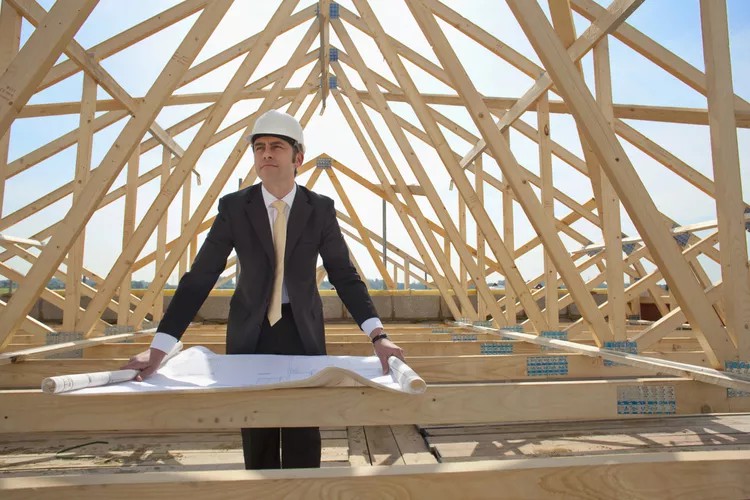
Contractors are essential when building a home or undertaking extensive renovations. Contractors are responsible for coordinating the various moving parts of complex building and remodeling projects. Contractors find and manage subcontractors. They deal with payments to vendors. If needed, they work with an architect. They purchase materials. In general, they act as guides throughout the complicated process of building a home or remodeling.
contractors may be easy to locate, but you need a good one. You want someone who will not only be legitimate, honest, and fair, but also easy to work and who will help bring your creative vision to fruition. The key to a successful job is finding a contractor that is right for you and your project.
What to look for in a good contractor versus a bad one
Good Contractor
- No criminal record if within reason
- Punctual and responsive
- Your ideas are important to us
- Written contracts are required for all hired work
- Provides written estimates
Bad Contractor
- Contractor licensing anomalies
- Never returns calls or is habitually late
- Avoid permits and building codes
- Speaking poorly about clients or associates
- There are many lawsuits filed against the contractor
How to Find a Contractor
Define Your Project
Before you contact any contractor, define the project precisely. If you want to add a room to your house, for example, be sure to drill down to the details that will allow you to find the right contractor. Do you want to build a addition, such as an extra room? Are you looking to add a large addition that includes bedrooms, bathrooms and living spaces?
When you look at portfolios, photo albums, and before-and after images, it is easy to see that general contractors have special areas of expertise or interests. This information may be available on the contractor’s website or on third-party websites.
Online Contractor Matching Services
Contractor-matching online services are a reliable source of contractors, as they use algorithms to match contractors with projects. Many matching services have extensive information on contractors, such as criminal background checks and license verification. They also include client reviews and photos.
Recommendations by Neighbors and Friends
Finding a contractor is easy with the help of trusted sources. Ask family members, neighbors, and friends who recently hired a contractor for their opinion.
What to look for in a good contractor
A good contractor should have at least a clean record before state and local licensing boards. Negative matters should not be extensive or troubling, and the matter must have been resolved.
Do you notice that an individual contractor has been involved in a large number of suits? Contractors are often the target of lawsuits because of their nature. The fact that a contract has been in a lawsuit should not be seen as a warning sign. On state and local licensing websites, you can usually find outstanding demands on the contractor’s bonds.
The contractor should listen and be attentive when you explain your goals. Meetings are dialogues, where both sides freely and equally exchange ideas. You don’t have to agree on everything the contractor says. In fact, hiring a contractor has many benefits.
A good contractor is upfront about all regulatory issues associated with your project, including building code and permits, inspections and zoning. This is a crucial part of any major remodel or build.
It is fine for a contractor verbally to give you a non-binding estimate of costs, but any firm estimate of costs should be in writing and signed.
Contractor Red Flags
State licensing boards publish a list of contractors’ licenses. They also let you know whether they are in good standing. You can often see the details of administrative actions taken against contractors.
Most online contractor matching services have a background check that contractors must pass to be included in the system. You can rest assured that if the contractor is a member of the matching service, and has a good standing with the company, they have passed the minimum screening.
Contractors are often very busy, and juggle many balls. Arriving late or missing an appointment is not a bad mark on that person. If the contractor is always late for preliminary appointments, or doesn’t return calls, then you can be sure that he will continue to do so after you hire him.
Avoid contractors who are rude to clients, vendors or subcontractors.
The term contractis a part of contractor. If a contractor wants to move forward without written agreements, that is a big red flag. Your relationship, other than the initial meetings, should be defined by a signed contract between you both. All variations in the contract during construction should be made through change orders.
When contractors show up uninvited at your door, they are often committing scams to repair roofs, driveways, or sidings. These door-to-door companies may claim to have materials they’re willing to use. It is always best to find the contractor, not the other way round.
The majority of contractors do not require full payment upfront, but will instead ask for a deposit and progress payments along the way.
































Leave a Reply